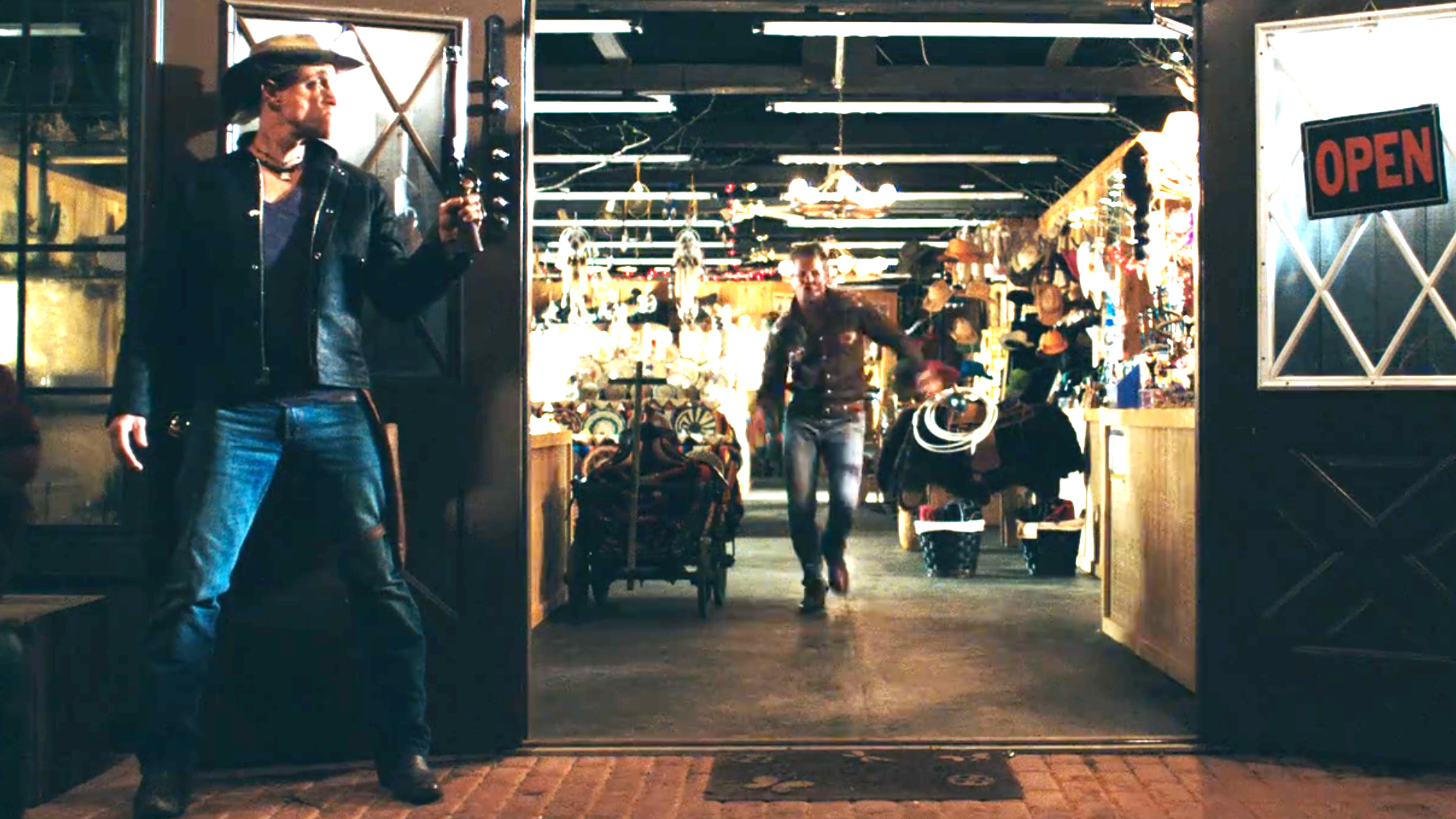These 'sneaky' caffeine sources might be why you can't fall asleep quickly — here's what to look for
You might realize these foods and drinks are keeping you up
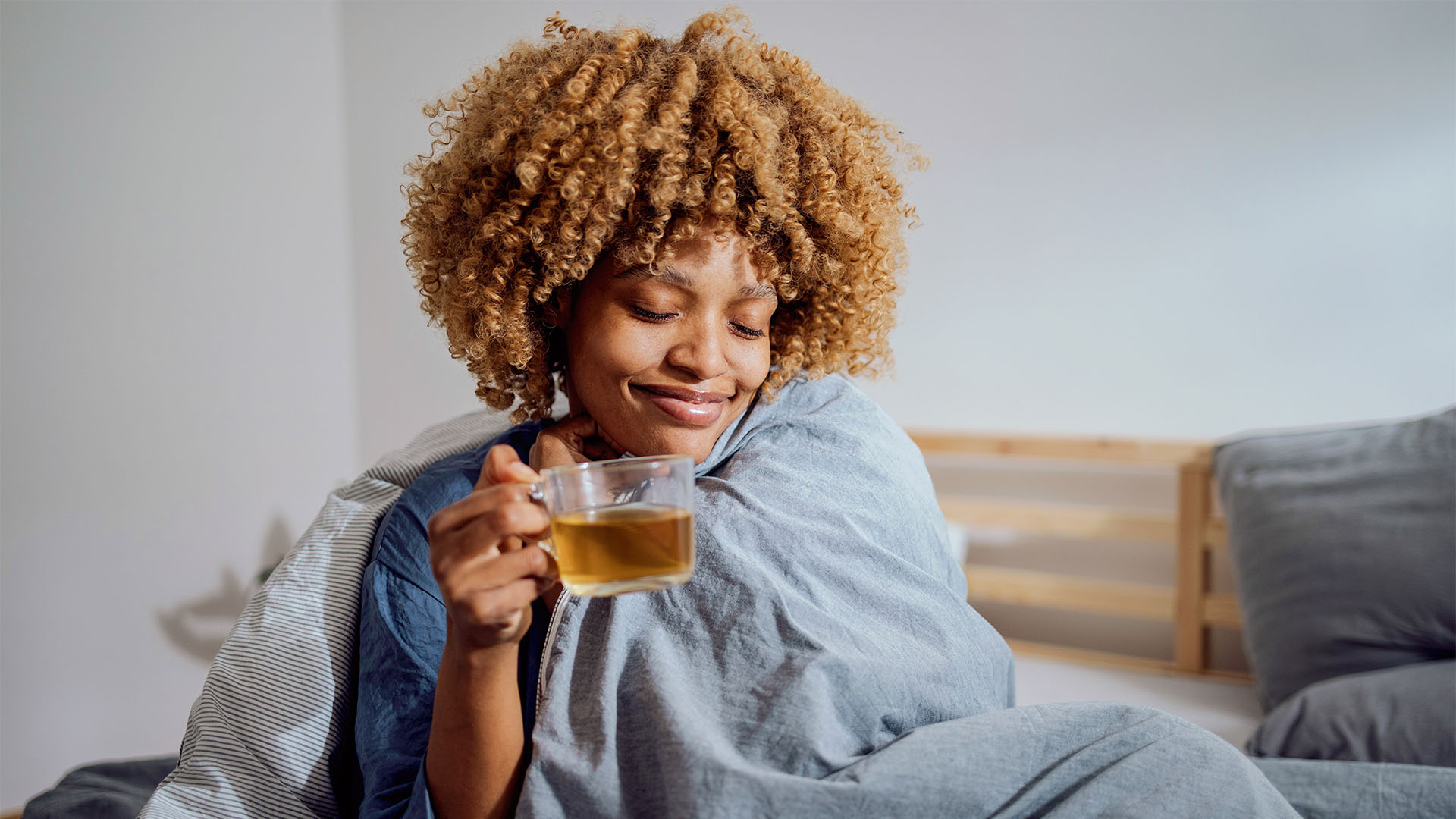
Here at Tom’s Guide our expert editors are committed to bringing you the best news, reviews and guides to help you stay informed and ahead of the curve!
You are now subscribed
Your newsletter sign-up was successful
Want to add more newsletters?
Join the club
Get full access to premium articles, exclusive features and a growing list of member rewards.
Everyone knows caffeine is bad for your sleep, which is why pre-bed espressos aren't advised. However, avoiding coffee doesn't mean you've cut out caffeine — unexpected caffeine sources have a way of sneakily sabotaging your rest.
So what else in your daily routine contains caffeine? As it turns out, rather a lot. Green teas and matcha teas are both caffeine sources, while a pre-workout supplement can equal a jug of coffee in terms of caffeine.
When speaking to Dr Leah Kaylor, psychologist and sleep expert, about cortisol addiction, she pointed out that “sneaky sources of caffeine” can keep your brain alert, even as you’re preparing for bed.
"Caffeine is truly insidious," she explains. "It has a way of creeping into your daily diet from places you might never expect."
Why are 'sneaky sources of caffeine' a problem?
Caffeine is a naturally occurring stimulant that increases alertness and can even improve your reaction times.
The downside is that caffeine can last in the body long after consumption. With a half life of roughly five hours, caffeine ingested in the afternoon is often still flowing through your system by the time you go to bed.
"Caffeine’s stimulatory effects can significantly delay your ability to fall asleep," explains Dr. Kaylor. "By blocking adenosine, caffeine keeps your brain in a state of heightened alertness, even when your body is signaling that it’s time to rest."
Get instant access to breaking news, the hottest reviews, great deals and helpful tips.
Research also indicates caffeine keeps your brain active during sleep. As a result, you won't be experiencing the deep rest you need and even after full night dozing you can wake up feeling groggy.
Keeping on top of your caffeine consumption can help you avoid these negative effects. But to do that, you need to be aware of where the caffeine is coming from.
"Coffee and energy drinks are the obvious culprits," says Dr. Kaylor, "but caffeine is woven into so many foods, beverages, and even health products that it’s easy to lose track of how much you’re consuming"
7 unexpected sources of caffeine
1. Black and green tea
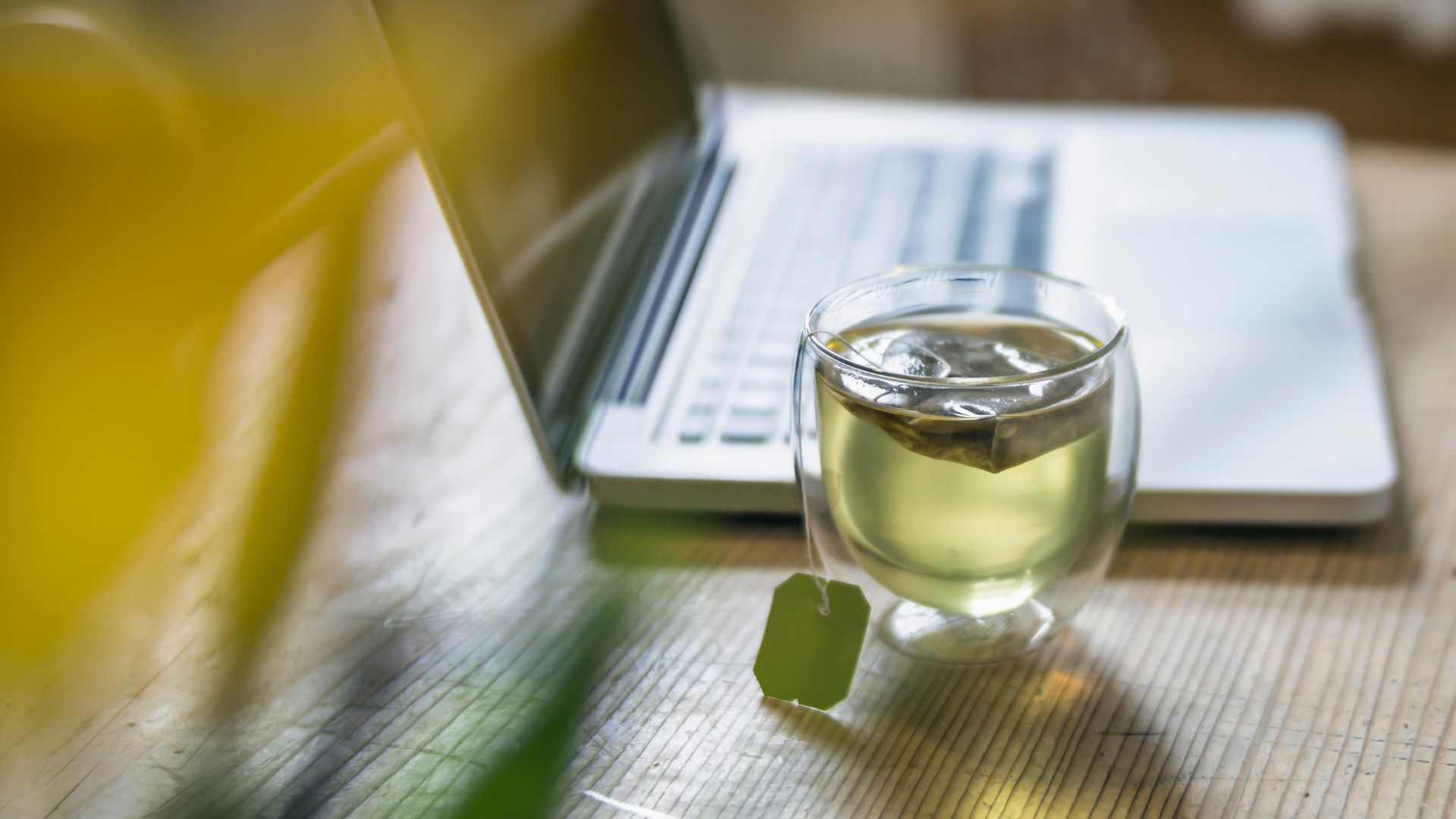
Black and green tea both come from the same plant — Camellia sinensis — which is a source of caffeine. White tea and oolong tea also both come from the Camellia sinensis and therefore both contain caffeine.
These drinks are often recommended as soothing alternatives to coffee and while even black tea does contain less caffeine than an equivalent cup of coffee (and green tea less again), they can still disrupt your sleep. An 8oz serving of black tea contains roughly 45-80mg of caffeine.
This also applies to ice teas, which often are made using black tea (and plenty of sugar, in many cases.)
2. Matcha tea
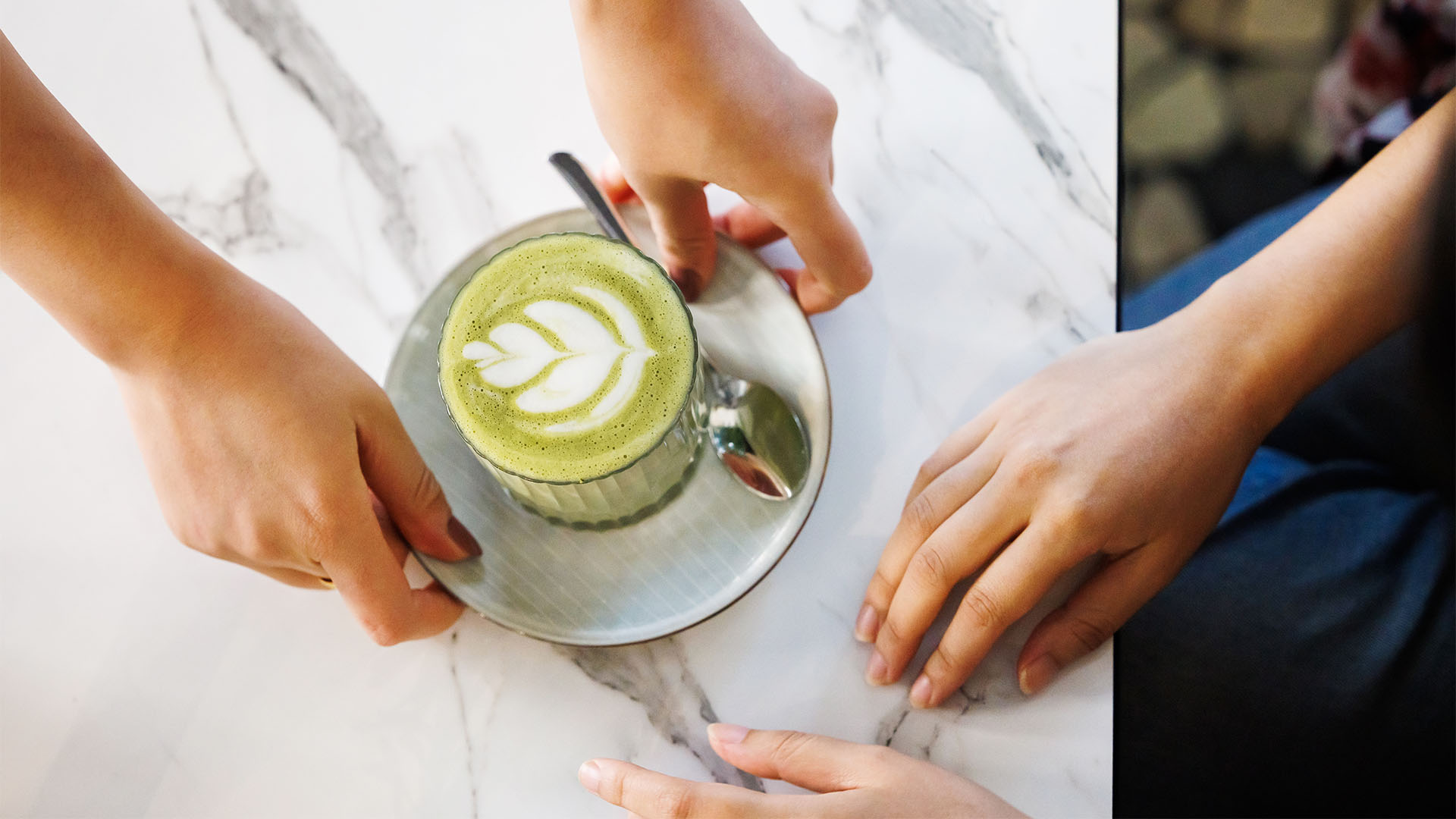
Matcha is another drink derived from Camellia sinensis, although in this case the leaves are ground into a fine powder. An 8oz serving of matcha tea contains around 70mg of caffeine.
Another tea-based drink you might not have realized contains caffeine is kombucha. Camellia sinensis is once again the culprit, but the overall caffeine content of kombucha is lower than an equivalent cup of black tea.
Finally, while yerba mate doesn't come from Camellia sinensis (it's Ilex paraguariensis) it does still contain caffeine. Another source to look out for.
3. Chocolate
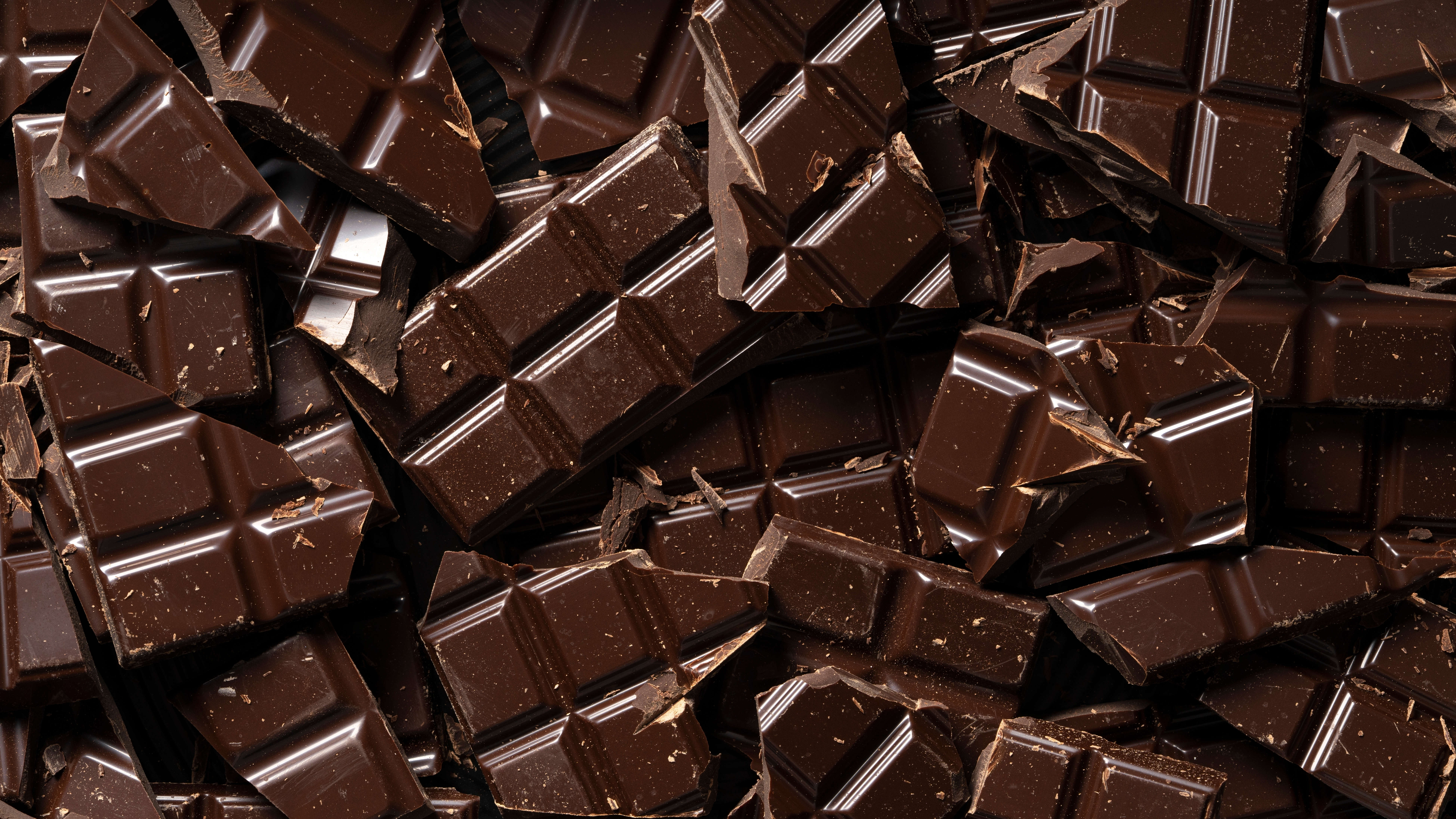
Chocolate comes from cacao beans and cacao beans contain caffeine. According to the CDC, a tablespoon of dry, unsweetened cocoa powder contains around 12.4mg of caffeine.
The higher the percentage of cacao used in the chocolate, the most caffeine it contains — dark chocolate is more likely to keep you up than white chocolate.
This includes foods and drinks containing chocolate, like hot cocoa (a favorite soothing pre-bed treat) or children's breakfast cereals.
Cacao nibs, a popular superfood, also contain caffeine. So pay attention to what you're snacking on before bed.
4. Over the counter medication
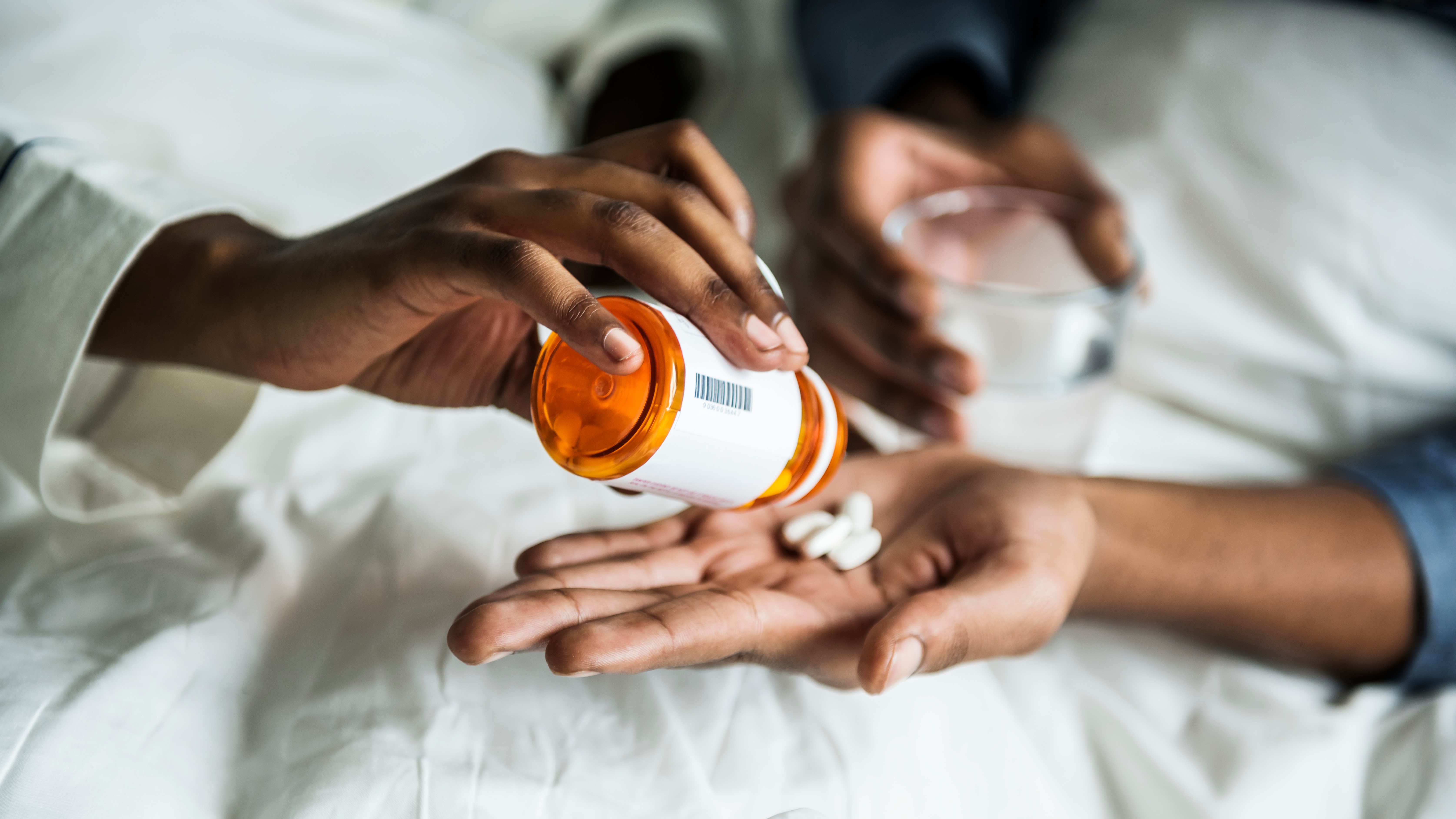
Caffeine can help active ingredients in pain killers get to work and is often included in over the counter pain relief. A single pill could potentially contain as much caffeine as a cup of coffee.
Of course, there are many reasons why you might be unable to cut pain medication out of your life (and sleeping with pain can be harder than drifting off after a nighttime espresso.)
If you do regularly take medication containing caffeine, however, you might want to look for other areas in which you can cut down your intake or adjust the timing of your medication.
5. Pre-workout supplements
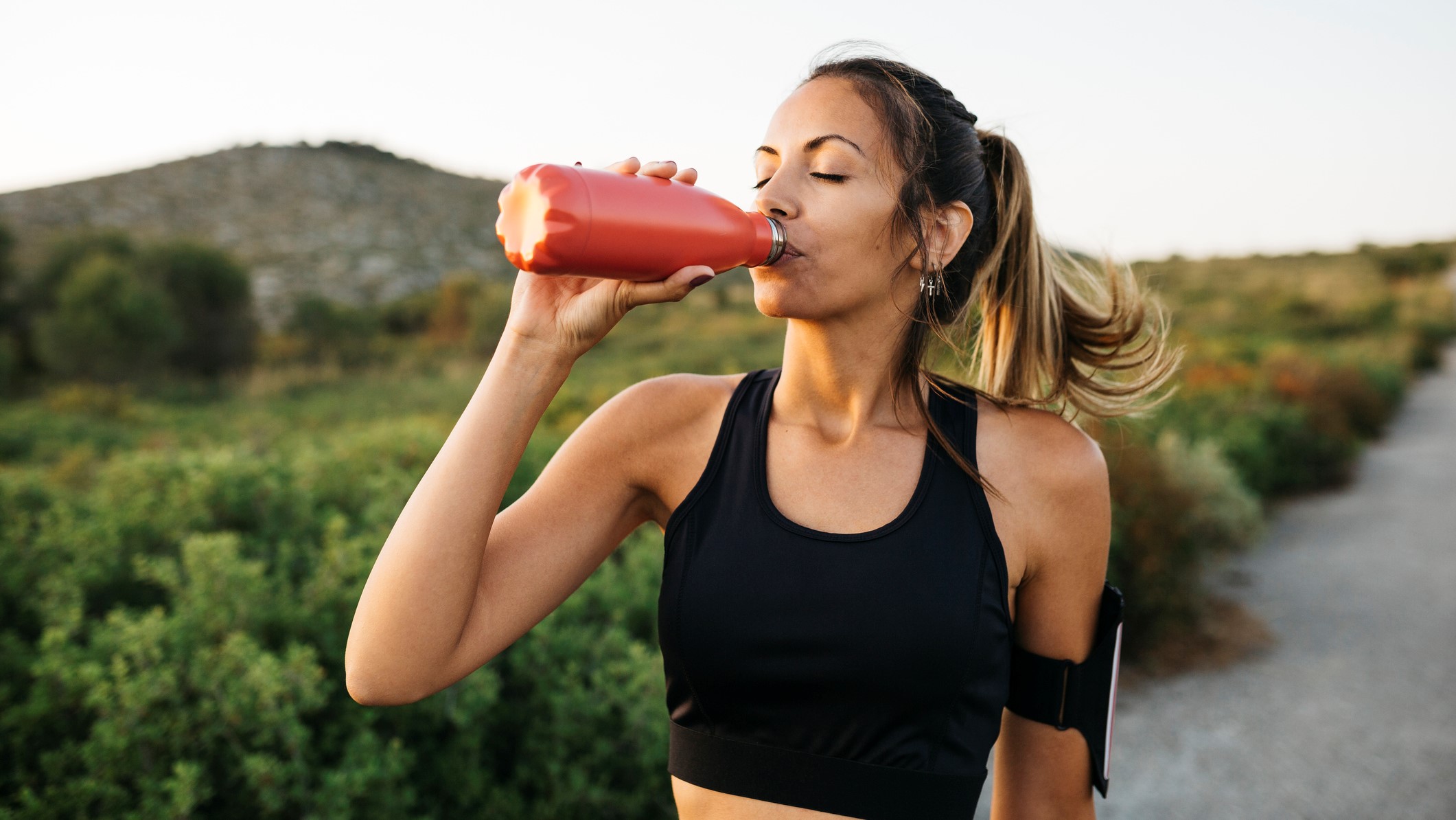
"One particularly sneaky source of caffeine that often flies under the radar is pre-workout supplements," says Dr. Kaylor.
"Marketed as performance enhancers, these powders or drinks are popular among fitness enthusiasts, but here’s the catch — most pre-workout supplements are loaded with caffeine."
These supplements aren't regulated by the FDA and can sometimes contain as much as 387mg of caffeine per serve, equal to multiple cups of coffee.
Pre-workout snack bars can also contain caffeine, although rarely at the high levels of a supplement.
One ingredient to look out for in your snack bar is guarana. This popular superfood actually contains more caffeine than coffee and is sometimes used in health bars.
6. Bottled water
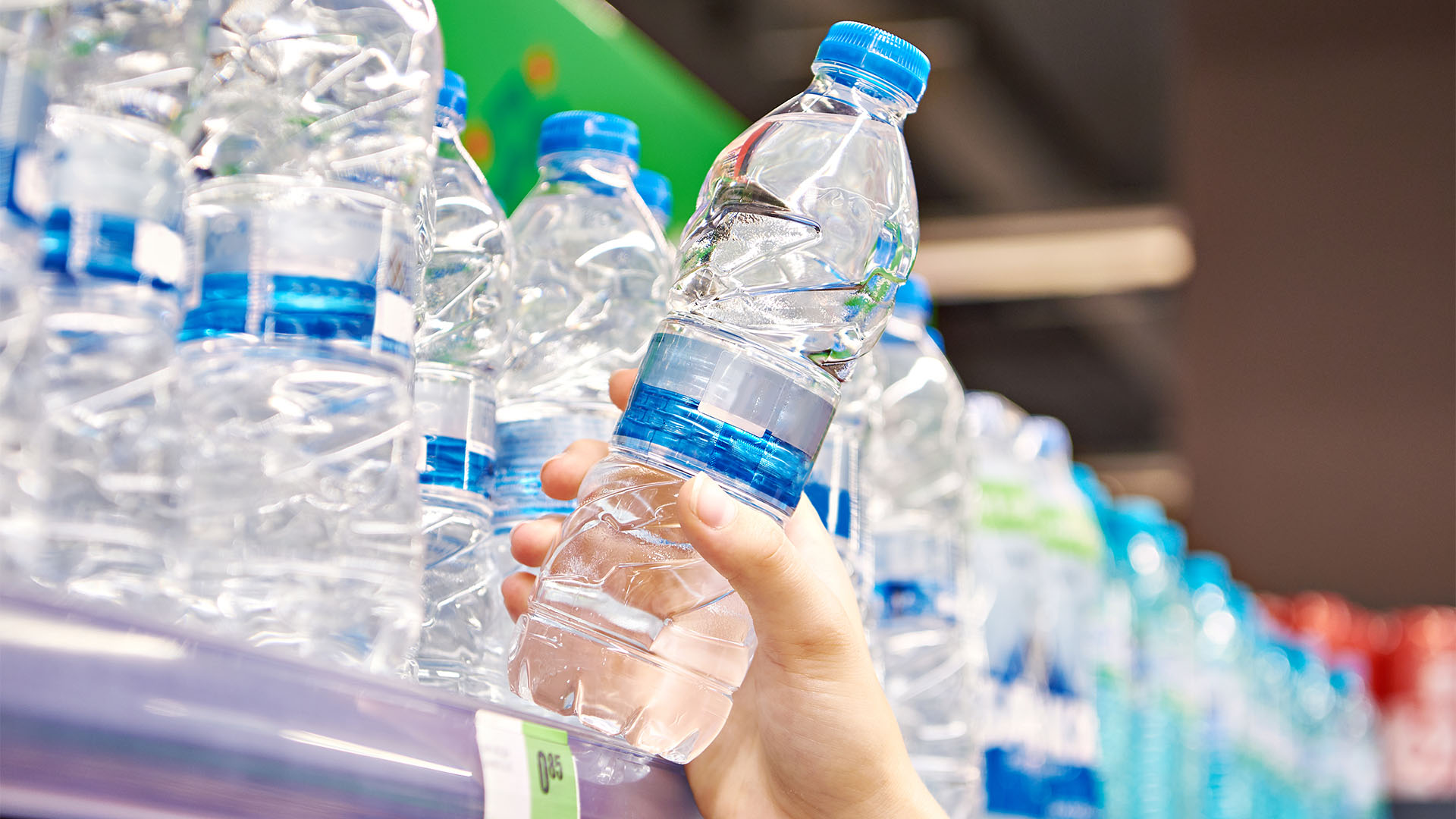
Yes, even your water might contain caffeine, although most standard bottled waters are free from any additives.
However, flavored waters sometimes contain caffeine, as can waters promising additional, health-boosting effects. Check the label closely to ensure your water is just water.
It's not a surprise to learn that soda is a source of caffeine, both the diet and regular type (you can get caffeine-free sodas.)
And, of course, energy drinks — but you probably expected an energy drink to give you energy.
7. Decaf coffee
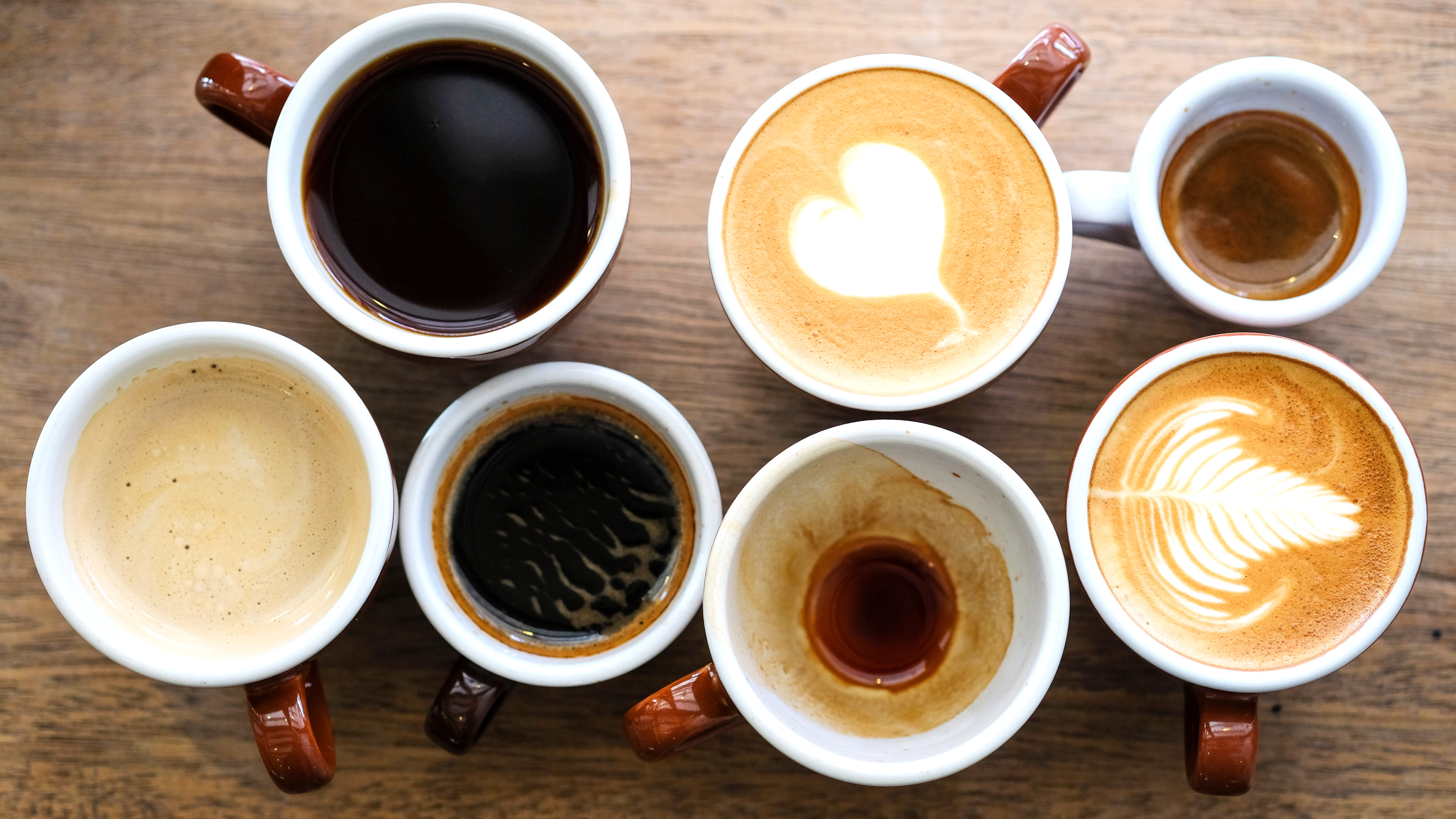
Most of us assume that, based on the name, decaf coffee is completely caffeine free. However, the decaffeination process only removes around 97% of caffeine from your coffee beans.
That's a significantly lower amount than regular coffee but it's still worth noting, particularly if you're sensitive to caffeine and assumed your evening decaf would have no impact.
This also applies to decaffeinated teas (that's tea that has had the caffeine removed, not caffeine free teas such as fruit or herbal teas.)
What should you eat and drink for better sleep?
To sleep better you don't have to stay away from caffeine entirely (considering how many things contain caffeine, it can prove a tricky ask.)
However, cutting down consumption and avoiding caffeine post-midday can help you sleep.
A few simple diet changes can also help you enjoy a restful night, with recent research suggesting eating more fruit and veg can have an immediate impact on sleep. Eating plenty of protein can also benefit sleep, according to a new study.
Otherwise, look for foods that contain sleep-inducing melatonin, such as peppers and seeds, while magnesium-rich nuts are also good for your kip.
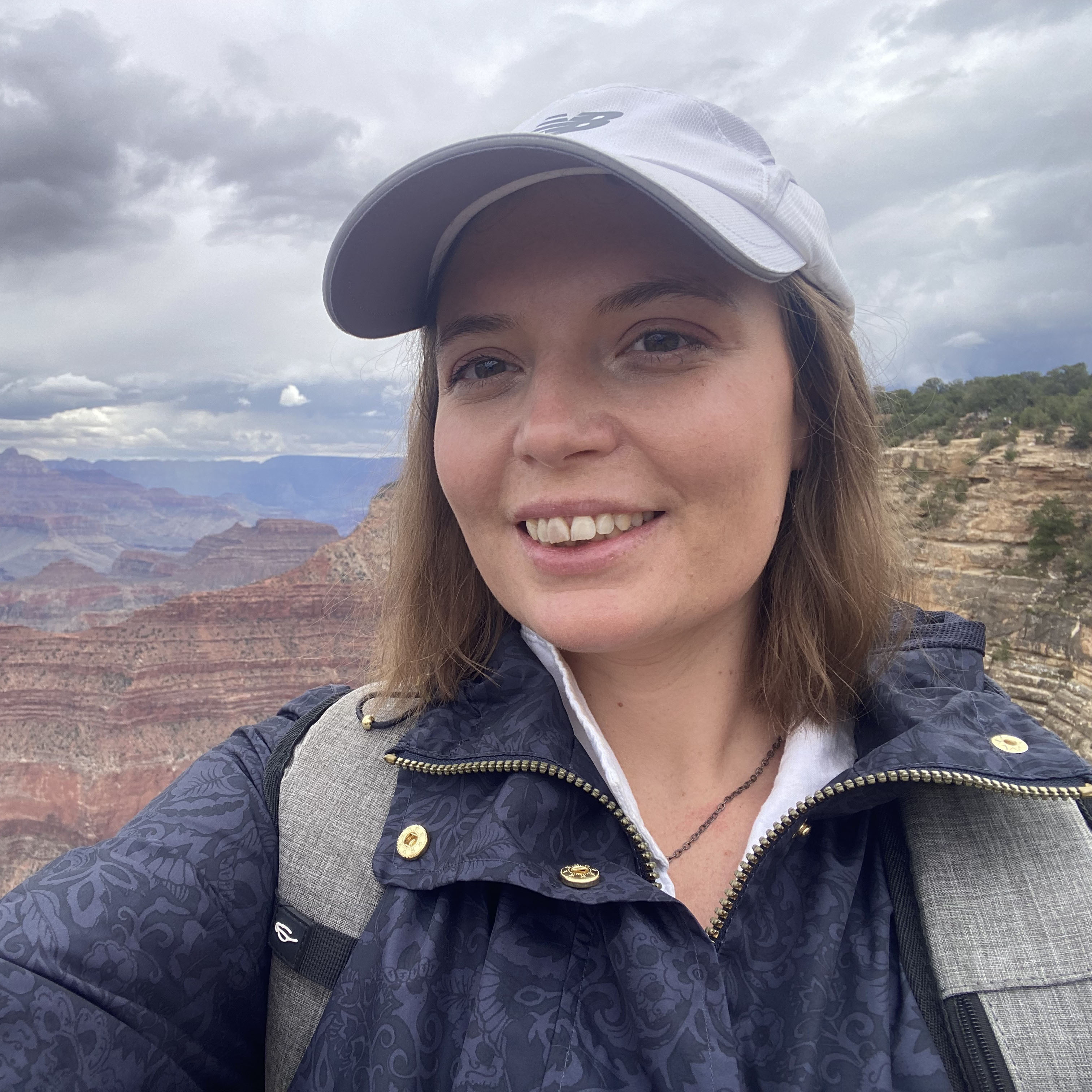
Ruth is an experienced Senior Staff writer at Tom’s Guide, covering all things sleep and mattresses. She writes to help people sleep better, from how-tos to the latest deals to mattress reviews, and has interviewed an array of experts who share her passion. She is also our specialist on memory foam — she’s flown around the world to see memory foam being made — and leads our hotel mattress content. She has a deep interest in the link between sleep and health, and has tried enough mattresses, from Helix to Nectar to Simba, to know the right bed really can make a difference to your wellbeing. Before joining the team at Tom’s Guide, Ruth worked as a sleep and mattress writer for our sister website, TechRadar.
You must confirm your public display name before commenting
Please logout and then login again, you will then be prompted to enter your display name.
 Club Benefits
Club Benefits










